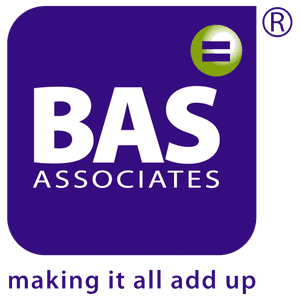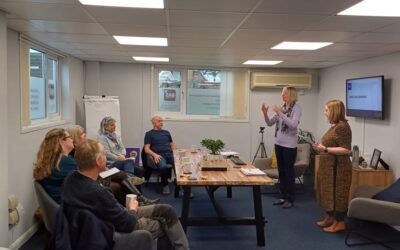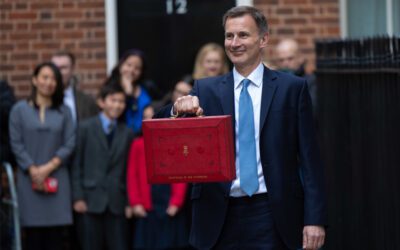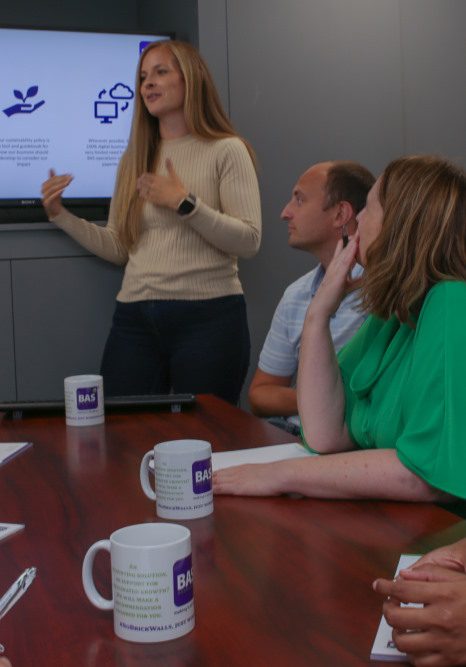Which business expenses are tax allowable and which aren’t?
The question we get asked more than most. Here we explain the key differences between allowable and disallowable costs, so you can maximise your tax planning.
How you minimise the tax owed by your business is an opportunity not to be missed. Claiming back tax allowable expenses is part of that strategy. But it not always clear what falls under this category and is tax-deductible.
We’ll highlight the most common areas where business owners most often trip up with their expenses claims.
How do you know if expenses are allowable?
Taking a look at your Profit and Loss (P&L) report in your accounts will show you a list of all the expenses that you’ve incurred over that period. The next step involves working out which ones are tax allowable expenses and which aren’t. Government legislation will assist you in this, and the guidelines are often very specific.
The Most Common DISALLOWABLE Expenses
Disallowable expenses are those that CANNOT be claimed against tax. The ones fall mainly into 2 categories:
- Capital costs; which is the money you use to make the business grow and trade.
- Costs that are not wholly and exclusively for the purposes of trade. That phrase is key to many discussions we have with clients. We’ll explore this further later.
Vans, computers, machinery can all be classed as ‘fixed assets’. These are disallowed because the accounts will include a depreciation charge each year. This is intended to spread the cost of these over the agreed life of the asset. There are other accounting reasons which we will work on after this item list is finalised. There is also specific legislation which may allow alternative deductions, such as Annual Investment Allowances, First Year Allowances and Other Capital Allowances. We will address these as we analyse your accounts and raise any issues as we go.
Assessing whether expenses were ‘for the purpose of trade’.
Capital expenditure is fairly straightforward, but that phrase ‘wholly and exclusively for the purposes of trade’ is possibly one of the most questioned.
In a nutshell, if the expenditure can be used for dual purposes, for both personal and business use, then the whole of the expenditure is disallowed. Even if it’s 1% personal use, HMRC’s rules are very clear. Common areas to review are:
- Business Clothing – This is a common point of contention. If it’s possible that the clothing in question, possibly a suit for this example, can be worn for other purposes and clothing is used for reasons of warmth and public decency, for example.
- Staying at a hotel for business It may be possible to allow part of a hotel stay for business purposes, providing the correct documentation can be supplied and proven. Staying before or after a business meeting can be allowed and it can be seen as reasonable in certain circumstances.
- Business Entertaining – A specific category. Even though it may be seen as fitting in the above criteria, HMRC has ruled that these costs will be disallowable for tax even though it’s normal to entertain prospects and clients in the course of business. Staff entertainment has its own allowable tax restrictions.
- Working in exotic locations A really complex scenario which has many elements to it. Each part of this needs to be carefully analysed. Strong evidence of that location being necessary for the business objective in that specific case may be needed, or the ‘disallowable’ clause may be invoked by HMRC.
- Penalties for late payment of tax Disallowable, along with surcharges and interest.
Another oddity is that some expenses that are not specifically within that clause of ‘for the purposes of trade’ are allowable, such as retraining and redundancy.
Accountants are sometimes looked at as HMRC’s gatekeepers and won’t allow sometimes seemingly straightforward business costs in the accounts. BAS Associates will always be honest, experienced and up front with you, giving an assessment of how HMRC will view the accounts in the event of an investigation. We are also bound by our codes of conduct and regulatory authorities to give you the correct guidance in each scenario. We will of course keep you in the loop as we work through these cases.
For a complimentary Discovery Call to discuss the most appropriate level of support, a personalised quote and a guarantee of our best possible service, please complete the form below and one of our senior advisors will contact you. Or if you prefer, please call 01296 681341 for our Wingrave Bucks Accountants office.






